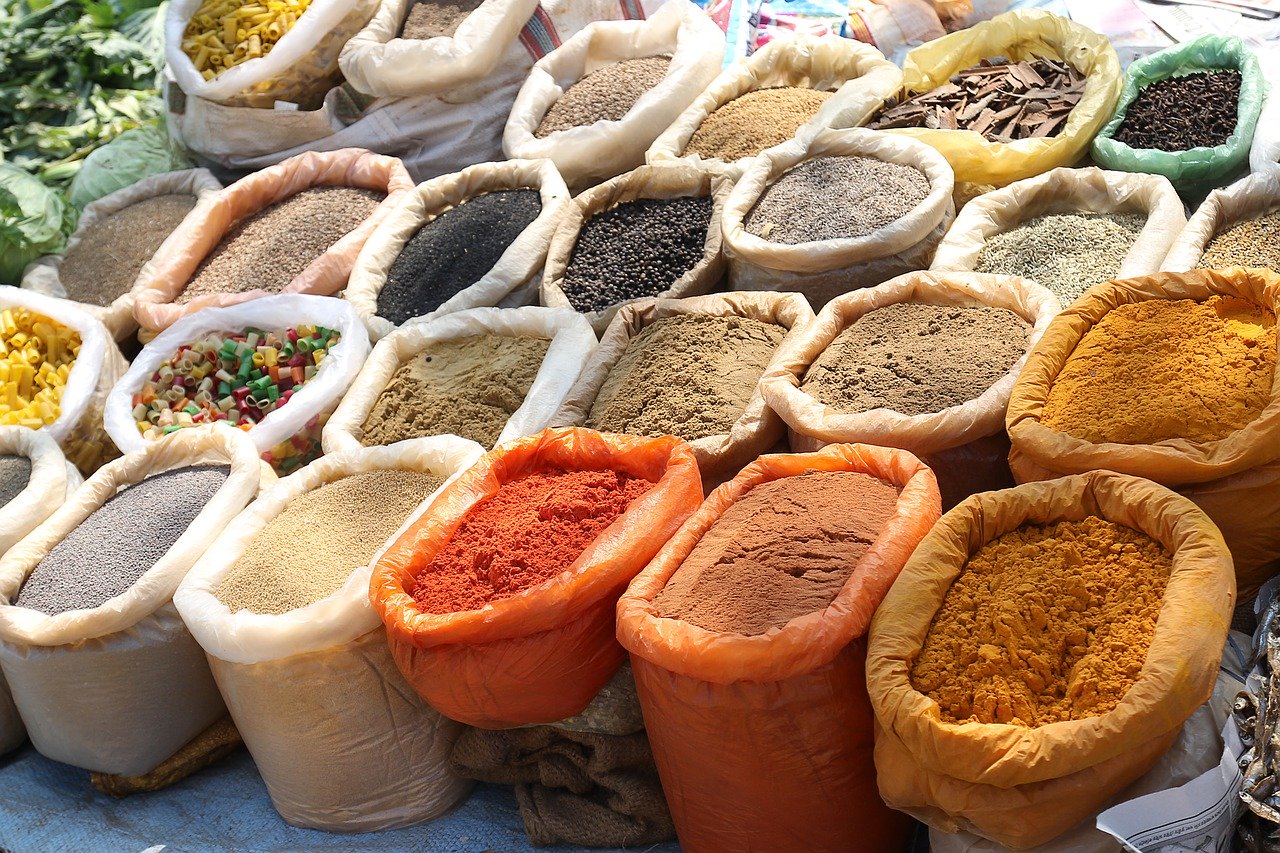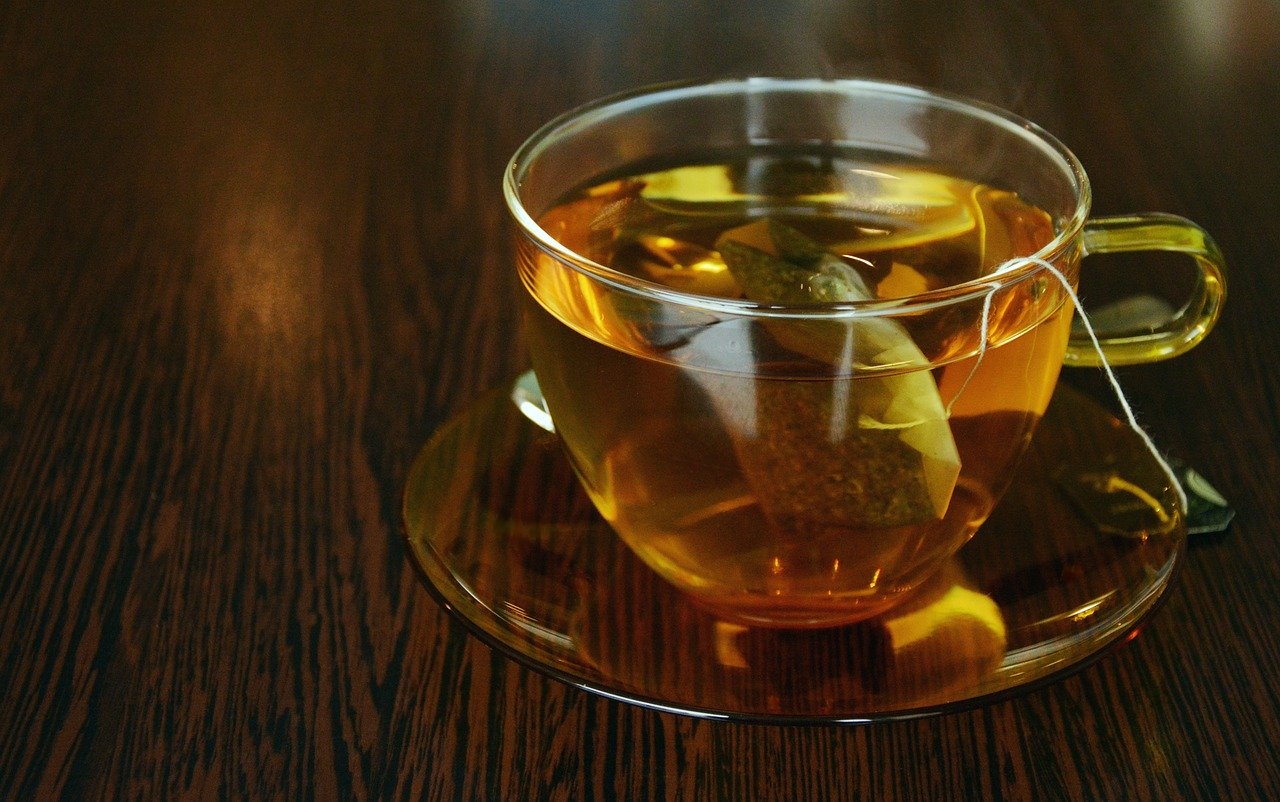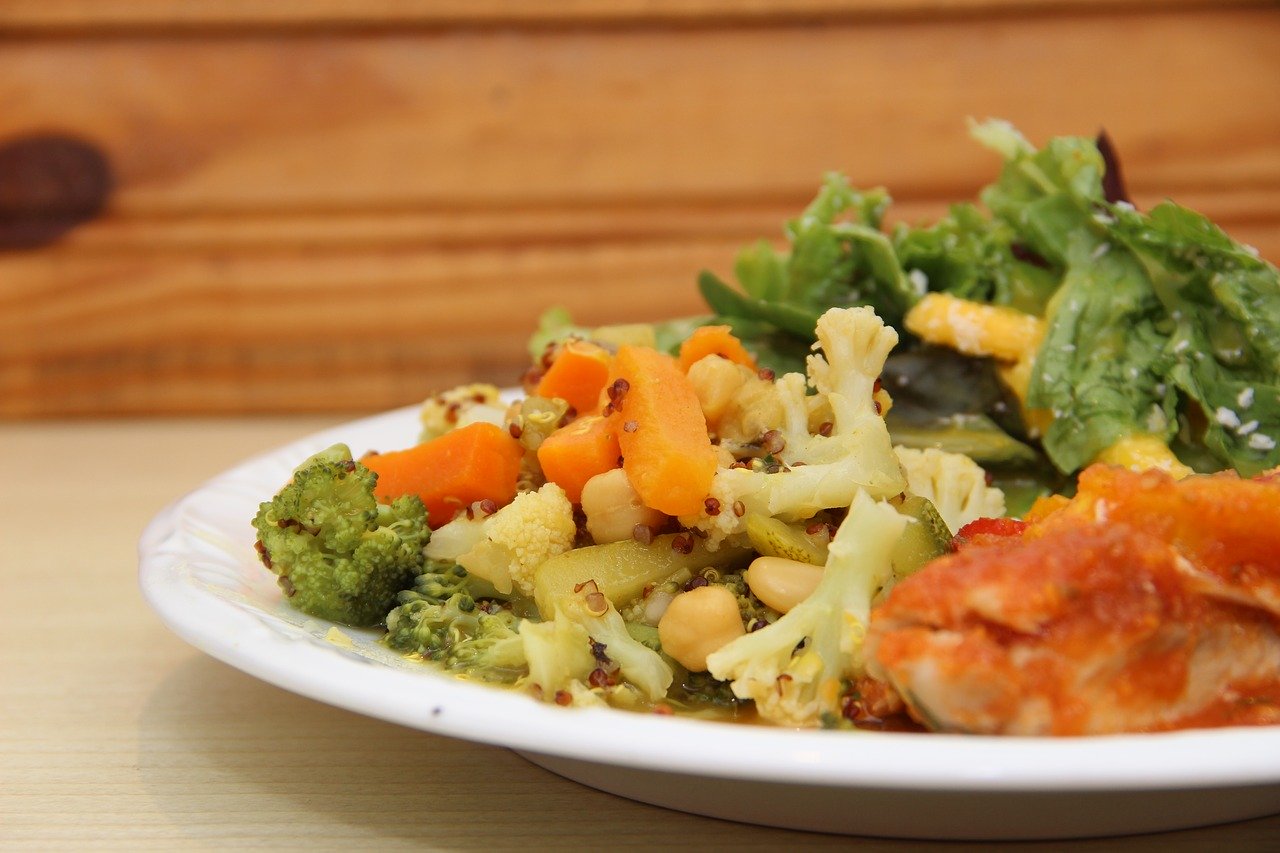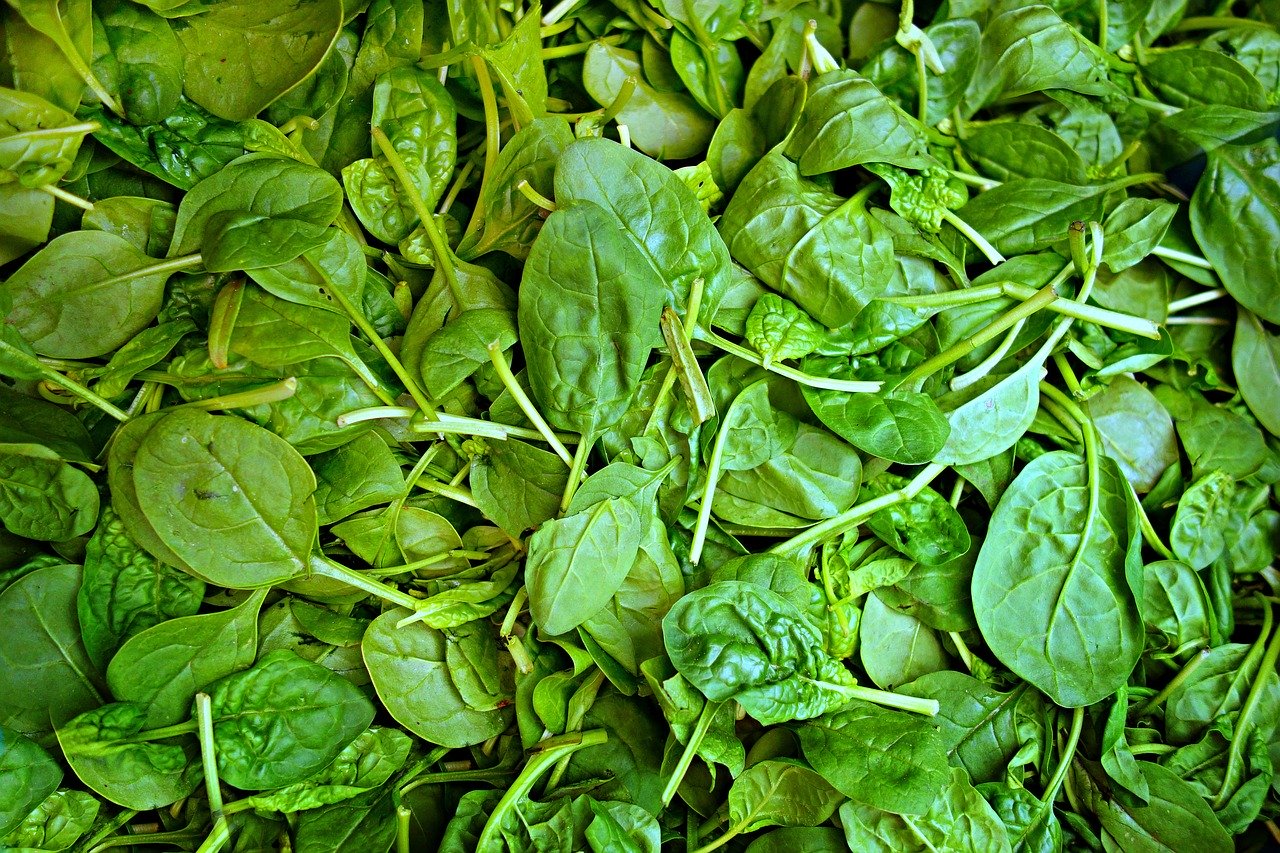In May 2019 researchers from Canada published their review of the medical scientific literature to identify and assess specific biomarkers in 25 herbs and spices, namely anise, basil, black pepper, … Read more
Herbal detox programmes, which are gaining in popularity, can be associated with potential serious adverse effects
In December 2018 researchers from the USA published a case report involving a 67-year-old man who developed severe hyponatraemia after starting a five-day kidney detox programme. Hyponatraemia is a low … Read more
The quality of the specific components of a plant-based diet is also important to consider, as not all plant-source foods have beneficial cardiovascular effects
In March 2019 researchers from the USA published their review on the use plant-based diets for reducing the risk of cardiovascular disease, specifically distinguishing between healthy and unhealthy plant-based diets. … Read more
Coffee and/or caffeine may be associated with a reduced risk of endometrial cancer but, at the same time, is probably associated with an increased risk of breast cancer in pre-menopausal or normal weight women
In October 2018 researchers from the USA and Canada published the results of their study to assess the effect of coffee, tea and caffeine on the risk of breast, endometrial … Read more
Maternal ante-natal caffeine intake is associated with a higher amount of body fat in their offspring and a higher risk of obesity at age 5 and 9 years, with a stronger association seen for caffeine from coffee
In June 2019 researchers from Ireland published the results of their study to assess the association between maternal, paternal and grandparent caffeine intake and risk of obesity in offspring. A … Read more
Researcher calls for educational and counselling programmes to be initiated to inform consumers, especially children and adolescents, about the dangers of a high caffeine intake
In January 2019 researchers from the USA published their review of the medical scientific literature on caffeine intake in children and adolescents. Caffeine is the most widely consumed stimulant in … Read more
Consumption of caffeinated drinks such as coffee and black tea may reduce the risk of non-melanoma skin cancer
In February 2019 researchers from the USA published the results of their study to assess the relationship between coffee, tea and caffeine consumption and risk of non-melanoma skin cancer. A … Read more
Drinking coffee 4+ cups/day appears to increase the risk of hip fracture, whilst 2-3 cups/day may reduce the risk in postmenopausal women
In July 2018 researchers from the USA and Singapore published the results of their study to assess the association between consumption of coffee, tea and caffeine and risk of hip … Read more
Daily tea consumption appears to be associated with a moderately reduced risk of fracture hospitalization whilst individuals with decades of tea consumption and those preferring green tea have a reduced risk of hip fracture
In November 2018 researchers from China and the UK published the results of their study to assess the association between tea consumption and risk of fractures in Chinese adults. A … Read more
Green tea consumption does not appear to be associated with the risk of colorectal cancer although a greater consumption of green tea may be slightly associated with a reduced risk of male colon cancer
In March 2019 researchers from Japan published the results of their study to assess the effect of green tea consumption on risk of colorectal cancer. A total of 13,957 men … Read more
A higher tea and coffee consumption appears to be associated with a reduced risk of glioma
In February 2019 researchers from Iran published the results of their study to assess the association between tea and coffee consumption and risk of glioma in Iranian adults. A total … Read more
Coffee appears to be associated with reduced risk of brain cancer, especially in Asian populations, whereas tea only appears to reduce the risk in American populations
In March 2019 researchers from China published their review of the medical scientific literature to assess the association between coffee and tea consumption and brain cancer risk. A total of … Read more
A higher tea consumption appears to be associated with a reduced risk of osteoporosis
In December 2017 researchers from the USA published their review of the medical scientific literature to assess the effect of tea consumption on the risk of osteoporosis. A total of … Read more
Whole grains and dairy products appear to decrease the risk of colorectal cancer whilst red and processed meat and alcohol increase the risk
In August 2017 researchers from the UK published their review of the medical scientific literature to assess the association between food, beverage and alcohol intake and risk of colorectal cancer. … Read more
Iron
Iron is a mineral which helps to make haemoglobin (the oxygen-carrying chemical in the body’s red blood cells) and myoglobin (a protein in muscle cells). It is also essential for activating … Read more
Cafffeine
According to the European Food Safety Authority the following amounts of caffeine are considered safe to consume:
Adults
- Single doses of caffeine up to 200mg – about 3mg/kg body weight
Higher regular caffeine consumption appears to be associated with a higher pain threshold and increased pain tolerance
In September 2018 researchers from the USA published the results of their study to assess the effect of regular caffeine consumption on pain sensitivity. 62 individuals, aged between 19 and … Read more
Researchers call for the development of regulations to ensure the safety of herbal teas
In January 2018 researchers from Italy published the results of their analysis of 32 samples of commercially available black and green teas which had been purchased from markets and online-shops … Read more
Coffee appears to reduce the risk of depression but tea and caffeine only has a slight effect on risk
In January 2016 researchers from Poland published a review of the scientific literature to assess the effect of coffee, caffeine, and tea consumption on the risk of depression. Twelve studies … Read more
Three cups of coffee per day reduces the risk of hypertension in an Asian population but a higher intake appears to increase the risk
In June 2018 researchers from the USA and Singapore published the results of their study to assess whether coffee or tea was associated with the risk of hypertension in an … Read more




















